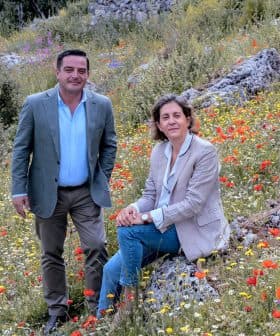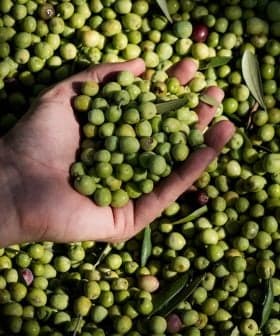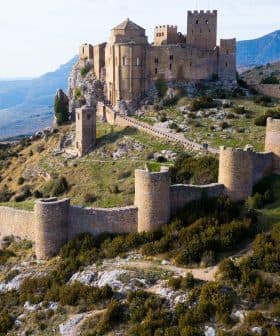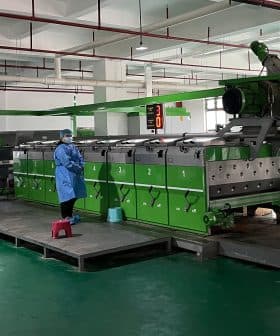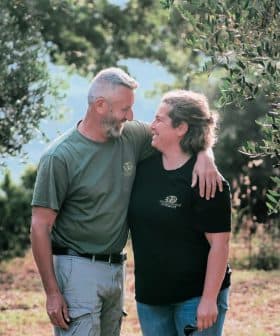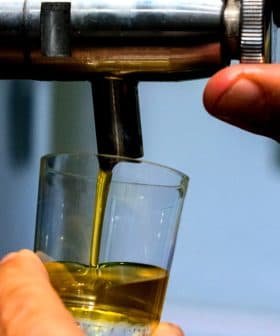Jaén Launches Initiative to Increase Sustainability of Farms, Mills
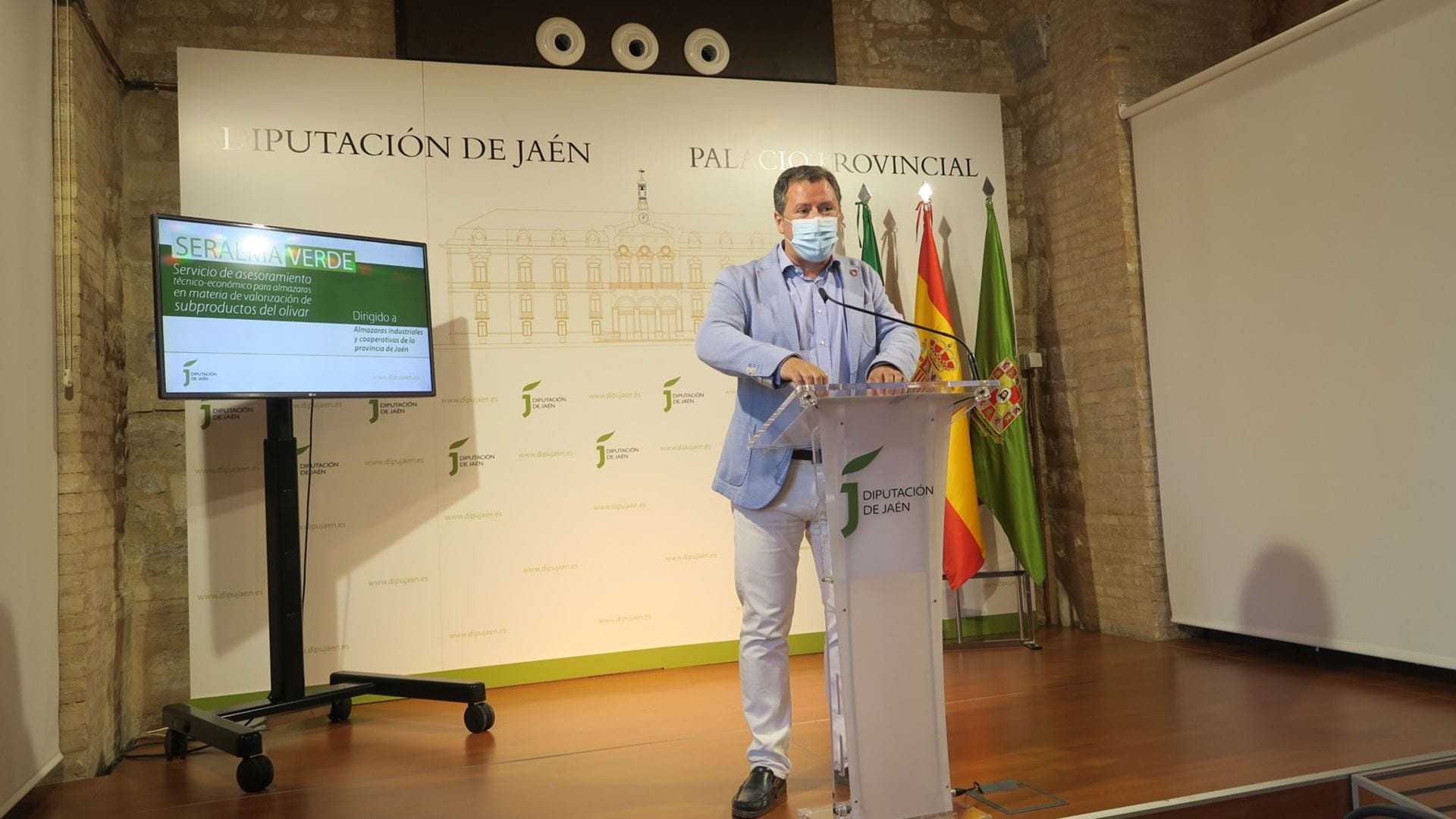
Jaén’s local government is offering new services to olive oil producers to increase profitability and reduce costs in response to persistently low olive oil prices. Through the initiative called Seralma Verde, the government will focus on transforming olive tree prunings, olive stones, olive pomace, and olive waste water into sustainable products to benefit the industry economically and environmentally.
The local government of Jaén, one of the largest olive oil producing provinces in Spain, is offering a series of new services to cooperatives and mills in an effort to help increase their profitability and reduce costs.
Producers throughout the province, as well as in the rest of the country, have been suffering from persistently low olive oil prices for more than a year now, with many saying they are making a loss on their oils.
See Also:Spain Bets on Biorefineries to Find New Revenue for Small Producers“The olive sector as a whole is facing different challenges and perhaps the most difficult is the competitiveness of our mills and cooperatives,” said Pedro Bruno, Jaén’s deputy of agriculture, livestock, environment and climate change.
“Therefore, one of the strategies to achieve it may be sustainability, taking advantage of the by-products of the olive grove so that income or cost savings can be obtained that contribute to this decline in the profitability of the industry,” he added. “In short, to make our olive oil industry more sustainable from an economic and environmental point of view.”
Through the initiative, which is being called Seralma Verde or green soul, Jaén’s local government will provide technical advice on projects and help mills and cooperatives find partners to develop these projects.
The government plans to focus on four main areas: transforming olive tree prunings into wood pellets; cleaning and recycling olive stones, so they may be transformed into biomass; transforming olive pomace into environmentally-friendly fertilizer; and producing biogas from olive waste water and fatty pomace.
The benefit of these projects is three-fold: the mills and cooperatives are getting rid of waste they normally have to pay to have removed, creating by-products that can be used by mills and cooperatives or sold to other businesses, and becoming more sustainable.
“We hope to diversify the productive activity of the oil mills and cooperatives by creating new services linked to the olive grove, creating new jobs and extending those that are already generated due to the harvesting campaign,” Bruno said.
“We intend to attract and mobilize new investments, reduce CO2 emission levels through the use of renewable energies and demonstrate that we are a province that believes in sustainability and is committed to it,” he added.


